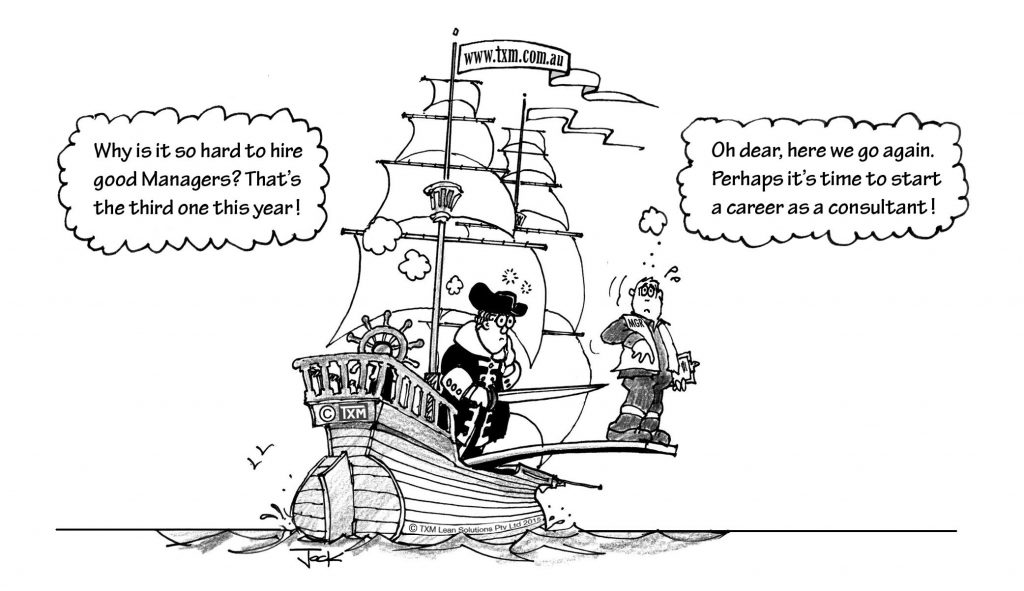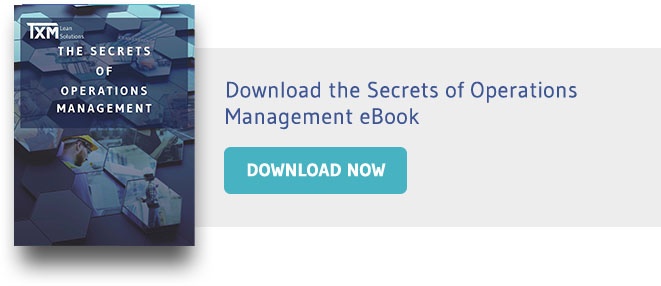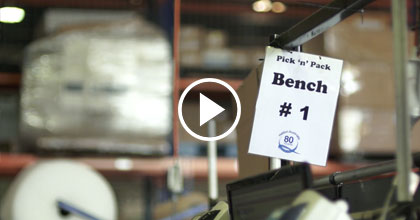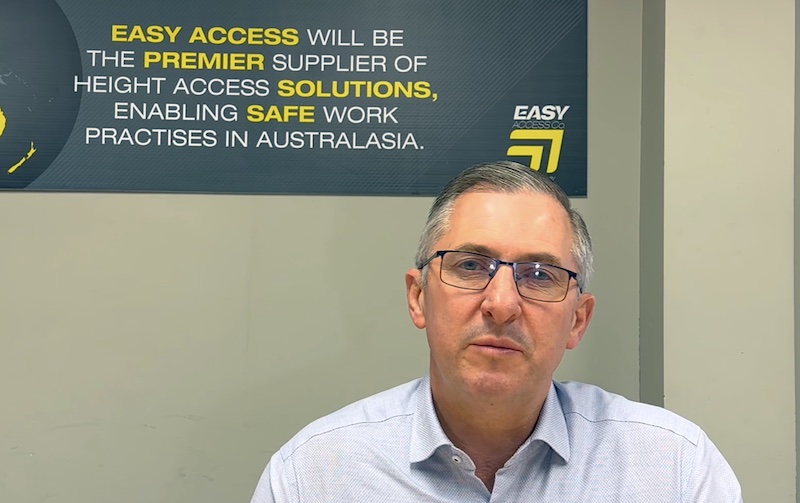Seven Reasons NOT to Fire your Factory Manager

As a former Factory Manager myself and having spent the last decade consulting to Manufacturing companies, I have come to realise that the role of Factory Manager (or Operations Manager, Plant Manager, General Manager – title is not important) is one of the most challenging in business. They sometimes seem like Football Managers. The moment the team performance drops a little, the first response is often to fire the Factory Manager in the hope that a new person will lead to better performance.
Unfortunately in most cases firing the Factory Manager is does not improve manufacturing performance and often makes it worse. So before you “push the button” on firing your Factory Manager, read our “Seven Reasons NOT to Fire your Factory Manager”:
1) It Will Cost Much More Money than You Think to Fire Your Factory Manager
In this day and age you can expect to pay a significant severance package as well as recruitment fees, in total between three and six months Factory Manager salary just to change the person. These direct costs are small compared to the cost to your overall business. Firing your Factory Manager and hiring a new one will typically take three to four months. Add to that the fact that it will normally take three months before the new person gets familiar with the role and starts making an impact.
It is likely the new Manager will see different priorities to the previous person and so that previous improvement activities initiated by the old manager are likely to stop even if they would have delivered major savings. If you expected 10% productivity gains per year, the opportunity cost of changing the manager will easily equal 5% of your total business costs – which is the real cost of firing your Manager, not your severance and recruitment costs. Can you really afford to put improvement on hold for six months?
2) Factory Managers Influence People, Not Performance
It is correct to expect your Factory Manager to be accountable for the performance of the factory. However in reality you will know that many things influence factory performance – the economy, suppliers, sales, changing customer needs, industrial relations etc.
If your factory has a bad year, by all means withhold your Factory Manager’s bonus, but if he has a good plan and the support of his people, don’t fire him. Work with him to develop a plan for how to turn things around next year and how you can support him to achieve this. Set some clear milestones on the actions that you agree, rather than the outcomes.
I would consider a failure to take the agreed improvement actions a more serious issue than a failure of those actions to deliver results. There is no doubt that a poor performing business needs to improve results, but firing the Factory Manager when he is doing all the things you asked of him (but not getting results yet) is not the way to improve.
3) Have you Got Broken Processes and a Broken Culture?
Many businesses I see are perennial under-achievers. This is rarely because of one individual, but is usually a malaise affecting the whole organization. It is linked to hard-wired cultural behaviours and norms and poor internal processes. These take a long time to change and changing them usually does not lead to exciting rapid improvement. However the long hard grind of addressing every-day behaviours and improving processes needs to be done before your business can sustainably improve.
Changing managers will usually stop this improvement, because before the Manager gets time to actually eliminate the wrong behaviour and embed better process he or she is fired and everyone just goes back to “business as usual”
4) The Factory Does Not Exist in Isolation
I often jokingly refer to the role of Factory Manager as “Chief Bullet Catcher” – constantly “taking one for the team”. Unfortunately when things go wrong in a manufacturing business, whether it is a quality problem, a late delivery or increased costs usually the Factory Manager will be the person everyone points at.
In many cases the root causes of these problems can lie outside the factory in poorly designed or inadequately specified products, late supplier deliveries, unrealistic promises made to customers or last minute material changes or modifications to the product.
Sometimes the effect of these problems can be indirect, for example late material deliveries leading to schedule changes, leading to other products being delayed and overtime blowing out. Rapid unplanned sales growth might lead to hiring too many people too quickly meaning that training falls behind and in turn leading to defects or injuries.
It is easy to say that the Factory Manager should “just say no” when requests are made that can’t be met, but from my time in the Factory Manager “hot seat” this is usually not an option and “just deal with it” is the usual response from above. Of course when everything goes wrong then it is Factory Manager who pays the price! When things go wrong you need to look at the whole value stream and understand the root causes. These are rarely related to the failures of one or other individual Manager.
5) You Create a Culture of Impunity
I often wonder what the temperamental star footballers think when their manager gets fired. What do they learn from that? My guess is that they learn that they can do what they like and if the Manager does not like it then they can complain about him or stop scoring goals and he will be fired.
The same will happen with your people. By firing the Factory Manager, particularly if you do it more than once, you send the message that Factory Managers are “temporary staff” who only need to be listened to by your long term employees when it suits them. This becomes a very damaging cycle, where long term employees can refuse to change and engineer the replacement of the Factory Manager if pressured to change.
As a result your business will remain stuck in a rut.
6) Are You Expecting too Much?
We all want to see change happen quickly and most people who get to the role of Factory Manager have healthy egos and believe that they can make change.
However there are limits on what can be achieved with the resources available. In my own experience, one of the most challenging times in my career involved managing the ownership change of my factory, negotiating a new labour contract, closing two factories and consolidating them in to my factory AND implementing an SAP system all in 18 months with no additional resources (in fact fewer resources than we had prior to the acquisition).
We achieved it all, but we lost a lot of ground on improvement and safety and quality suffered. Fortunately I didn’t get fired (that time!), but I was so burnt out and frustrated by the end of the 18 months that I resigned and joined another company instead.
7) Is the Problem Really You?
I have worked in or worked with hundreds of businesses over my career. I have encountered many businesses where the Factory Manager has been changed many times. In one example the business had seen 14 Factory Managers in 17 years, in another the Factory Manager had been changed eight times in seven years. If you are falling in to this pattern, you really need to stop and think before you fire the current person. You need to ask yourself a series of questions including:
- What are my expectations for the role? Are they realistic and do they match with the available people. For example I often see businesses struggling with trying to get a good Supervisor to act like a General Manager or a good GM Operations to act as a supervisor. Different roles require different types of people, so you need to be clear on what the role is and what it requires (and what is not required) so you can hire the right person.
- How will my job change when the Factory Manager arrives? Many business owners and CEOs are very hands on in their businesses. Once a professional manager is employed they struggle to let go of this hands on involvement. This often means that the factory is being pulled in two directions at once. You therefore need to really think about what your role will be, how you will extract yourself from the business and discuss with your new manager during the recruitment what you want to still be involved with and what his or her responsibilities and metrics will be.
- What went wrong last time? If your last person did not work out, you need to really think about the factors that contributed to this failure, beyond the person themself. Problems are a chance to learn and improve your business and failed recruitment is no exception. If you place all the blame at the feet of your last manager and do not reflect on the role you or the culture and processes of your business may have played, you can be certain to repeat the mistakes again.
So When Should you Fire Your Factory Manager?
Despite all this there will be circumstances when the person you have is wrong for your business and you need to move them on and look for someone else.
If there is a problem with ethics or unacceptable behaviour, such as fraud, sexual harassment, risk taking or abusive behaviour (assuming you have properly investigated) then you must act quickly and decisively to remove the offending Manager.
Beyond those reasons, I see one other main reason to fire your Factory Manager. That is a failure or refusal to learn. Factory Managers need to be agents of change, they need to be constantly seeking improvement in their business and seeking to improve themselves as leaders. A Manager who believes he or she has nothing to learn, fails to reflect on and learn from his mistakes, who blames others for his faults and who blocks rather than promotes change should not be a manager at all.
If your Manager is like that AND you have provided him or her the opportunity and the coaching to change (and he or she has not changed) AND you have considered my seven points above, then it is time you started to look for a new Factory Manager. If not, then you still have work to do with your current Manager.






